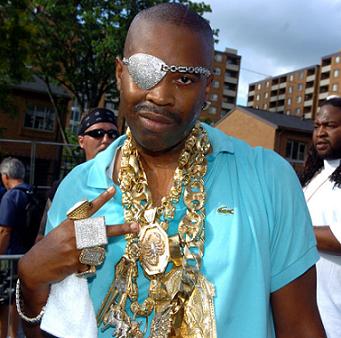
Along with envy comes the desire to stand out, and on the contrary not wanting to stand out (read: keeping up with the Joneses).
This leads to signaling and conspicuous spending which is a fascinating art.
Here’s the problem with stuff: when the people around you have stuff, you want more stuff. (We’ve learned that humans are wired to do this.)
However, if you look at charts of happiness by culture, we see that there’s no correlation between stuff and happiness. In fact, there’s a reverse correlation because if lots of people in your culture have stuff, you might be unhappy because you don’t have as much stuff as they do.
I own therefore I am.
In the post-World War II era, when the suburbs were becoming both a place and a way of life, it was called “keeping up with the Joneses .” If one driveway on the street suddenly had a new station wagon on it, a fleet of station wagons was sure to follow.
If the most popular and perceived-as-sophisticated mom in the neighborhood wears x, drives x, enrolls her child in x and I do the same, I am as sophisticated as she. Ownership equals being. That’s what signaling and conspicuous spending is all about.
Rich people will always indulge the desire to stand out.
Although some women may find them to be “a work of art” if everyone else had the $1500 handbag they wanted, it wouldn’t be as appealing. Many car lovers may find a Ferrari to be a gorgeous car; however, it’s even more attractive because they are rare.
Scarcity creates value and rich people want scarce things.
In every city there are expensive restaurants that aren’t all that good. The very act of paying extra to go there ensures that you’ll be surrounded by others just as interested in proving how wealthy they are.
Inconspicuous spending is about concealing your wealth. Conspicuous spending is about revealing it.
If you’re honest with yourself, one of the biggest reasons why you may want to make a lot of money is simply to display that you have a lot of money in order to prove that you’ve “made it big!”
The clothes you wear, the watch you have, the car you drive, the size of your house, all are all signals. The social power of a house is enormous. If you buy a mansion you are making a big statement.
But what happens if you don’t care about ‘stuff’ and proving how much of it you can buy?
It seems to me that many people are willing to do what they hate for a living, just so they can surround themselves with stuff – in order to prove to everyone else how ‘successful‘ they are. The reward is the stuff they have for doing what they hate.
Here’s a thought experiment: what if the reward was getting to do what you loved every day? Or doing something that you were really interested in or passionate about?
Let me be clear: I’m not saying I don’t like nice things or want nice things. It’s just fascinating to me what people are willing to do in order to be able to display their ‘wealth.’
[Some interesting comments over at BrazenCareerist.com]